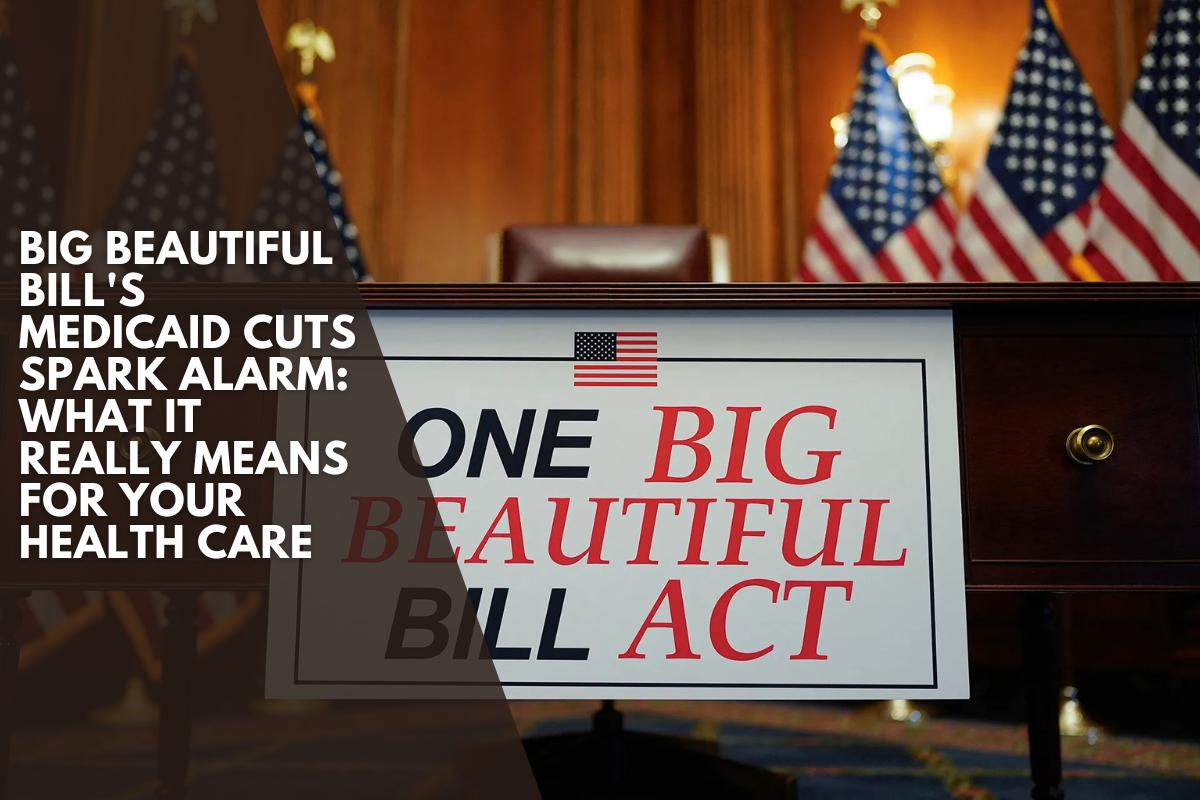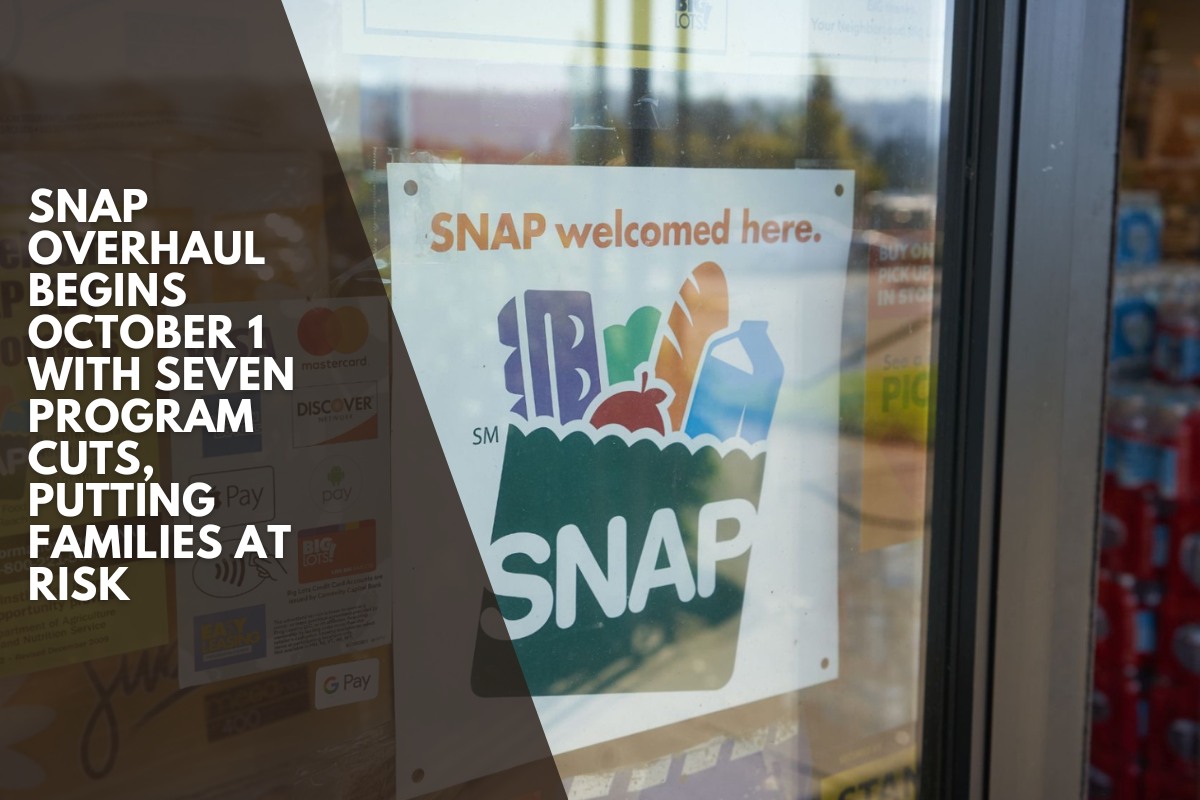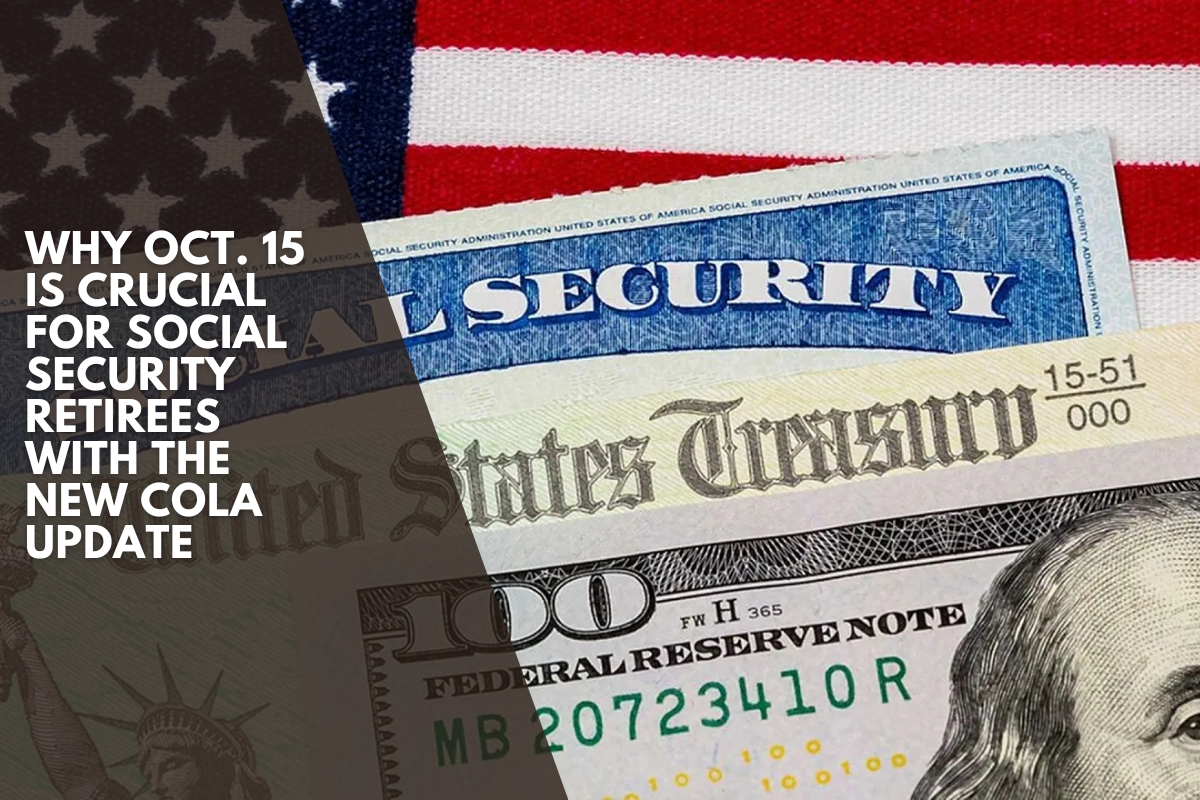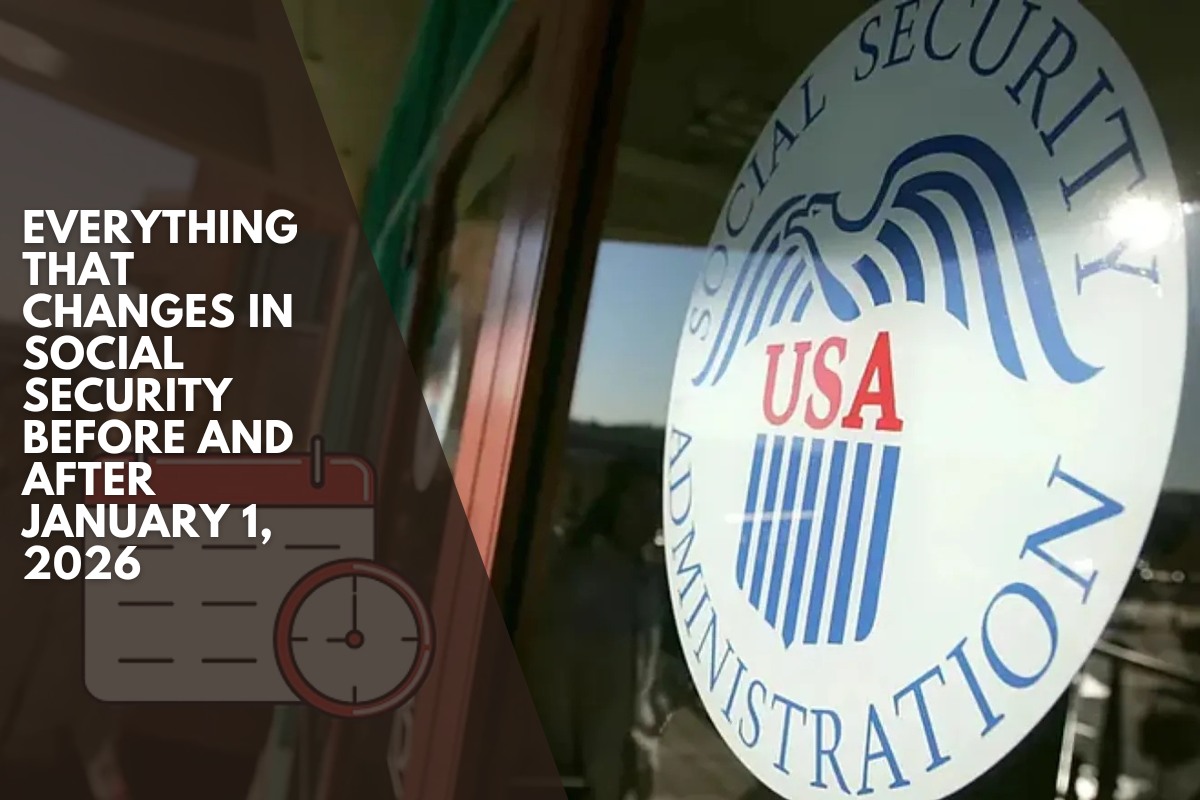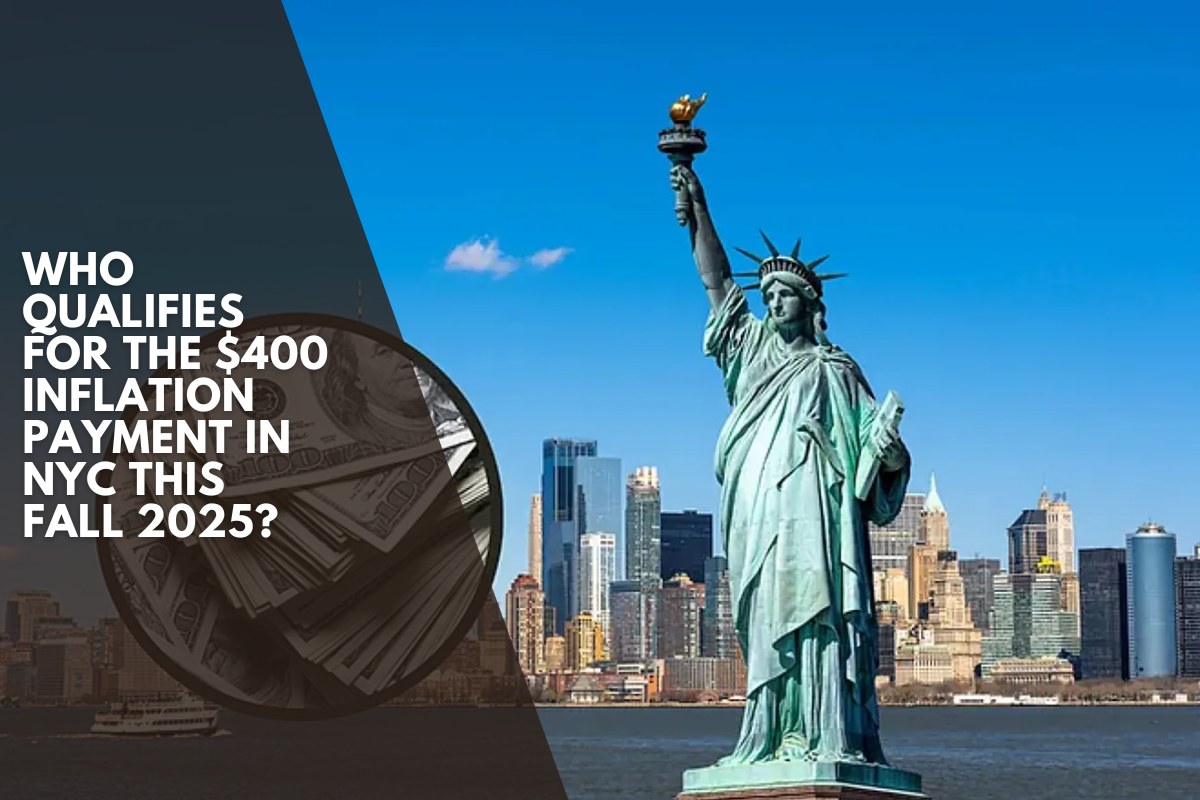On July 3, the House of Representatives passed the One Big Beautiful Bill Act by a narrow margin of 218-214 votes. This budget reconciliation proposal aims to reduce federal spending, but it has sparked significant controversy due to its drastic cuts to Medicare and Medicaid.
The nonpartisan Congressional Budget Office (CBO) estimates that the proposed $1.02 trillion reduction in health-care funding by 2034 will leave at least 10.5 million Americans uninsured.
According to statements made by President Donald Trump and Republican leaders, the legislation targets “wasteful spending” and fraud in the current health-care system. Critics, however, warn that these broad cuts will disproportionately affect the country’s most vulnerable populations.
Who will be hit the hardest?
While initial headlines focused on cuts to disability and elderly care, advocacy groups such as the Centre for American Progress (CAP) argue that the consequences could be far-reaching, including hospital closures and health-care worker layoffs.
Home and community-based services (HCBS) are expected to be among the first to feel the effects. When federal funds are reduced, states frequently reduce “optional” benefits such as HCBS.
Analysts predict that in the first year, the reduced funding will cover only 27 people per state’s HCBS costs. Although the federal government intends to allocate $50 million in 2026 and $100 million in 2027 to assist states in implementing HCBS programs, experts warn that the competitive nature of this funding will lead to longer wait times and delayed care.
New hurdles to coverage
Aside from the budget cuts, the legislation includes new eligibility requirements that may prevent individuals from receiving benefits such as SSI or SSDI, particularly those who are temporarily unemployed.
The rural hospitals stand to lose the most. According to CAP, 44% of rural hospitals are currently losing money. The bill’s proposed $50 million in annual relief pales in comparison to the $12.2 billion in Medicaid funding received by 2,086 rural hospitals in May 2025.
Finally, most nonpartisan analysts agree that the One Big Beautiful Bill Act represents a significant step back for health-care access in America, with the most vulnerable likely to bear the brunt of the impact.
